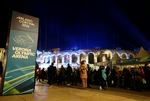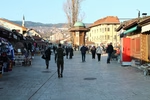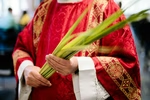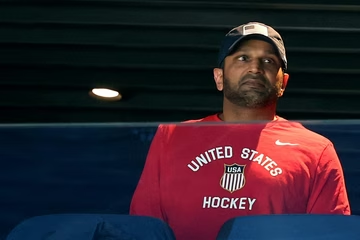MEPs call on EU to prevent marking of unconstitutional Day of RS entity in BiH
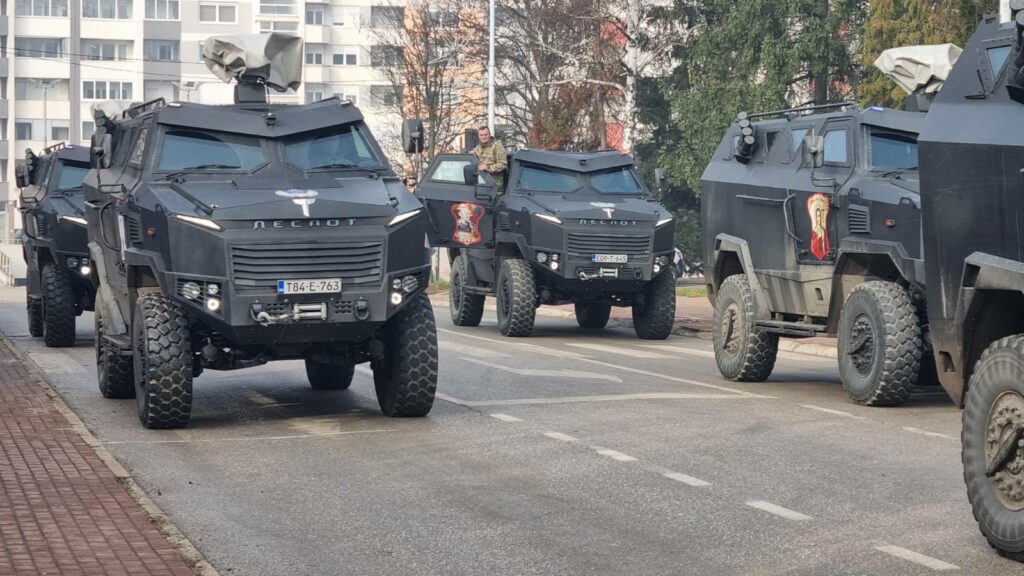
MEPs Thijs Reuten, Delara Burkhardt and the Group of Socialists and Democrats in the European Parliament called on the European Commission and the EU Enlargement Commissioner, among others, to act urgently in preventing the January 9, parade for the Republika Srpska (RS) entity Day, which the BiH Constitutional Court deemed unconstitutional.
Oglas
“We do not want any unconstitutional parade again on 9 January like last year. Not in Banja Luka not anywhere else. We are extremely concerned about announcements of the unconstitutional celebration of the founding of the ‘Republica Srpska’ being organized in East Sarajevo with the clear involvement of RS officials and announced the participation of Aleksandar Vucic’s son and Serbian officials. We demand that the EU Commission and the Office of the High Representative proactively engage with relevant authorities to prevent unconstitutional marches and genocide denial statements and to support BiH federal institutions including prosecutors to take swift action if necessary. Deliberately jeopardizing BiH unity by Milorad Dodik and his allies and continued Serbian destabilizing actions in the entire region including BiH must stop,” Reuten tweeted.
https://twitter.com/thijsreuten/status/1611357251272417281?s=20
He called on the EU to consider restrictive measures against any (elected) state officials participating in unconstitutional activities; sanctions on RS officials and further freezing of RS funds; sanctions on officials or official representatives from Serbia participating in illegal celebrations, instead of silence and appeasement.
On January 9, 1992, Bosnian Serbs issued the Declaration of the proclamation of the Republic of Serbian people of Bosnia and Herzegovina, which Bosniaks still see as a prelude into the 1992-95 war that took over 100,000 lives, devastated the country and saw the return of genocide back on European soil.
The war ended with a peace agreement brokered in Dayton, Ohio, in 1995, which divided the country into two semi-autonomous regions – Republika Srpska with a majority Serb population and the Federation of mainly Bosniaks and Croats.
The holiday was declared unconstitutional by the country’s Constitutional Court in November 2018 but authorities in Republika Srpska continue to ignore the ruling, despite criticism from the country’s Bosniaks and the international community.
Bosnia’s Constitutional Court ruled that the holiday was discriminatory against non-Serbs in Republika Srpska because January 9 is also a Serbian Orthodox religious holiday – the day of St Stephen, the patron saint of the entity.
Bosnian Serbs vehemently rejected the ruling and organised a referendum in September 2016, where the majority of the entity’s citizens voted in favour of the holiday.
The Constitutional Court then declared the referendum itself as illegal but the Republika Srpska Parliament passed the Law on the Day of Republika Srpska, which named January 9 as a secular holiday.
That Law was ruled unconstitutional in March 2019.
Bosnian Serb leaders view the country’s Constitutional Court as an anti-Serb biased political tribunal and ignore many of its rulings.
Kakvo je tvoje mišljenje o ovome?
Učestvuj u diskusiji ili pročitaj komentare
Oglas
Kakvo je tvoje mišljenje o ovome?
Učestvuj u diskusiji ili pročitaj komentare
Oglas





 Srbija
Srbija
 Hrvatska
Hrvatska
 Slovenija
Slovenija

















